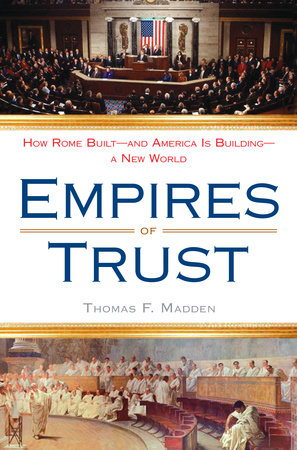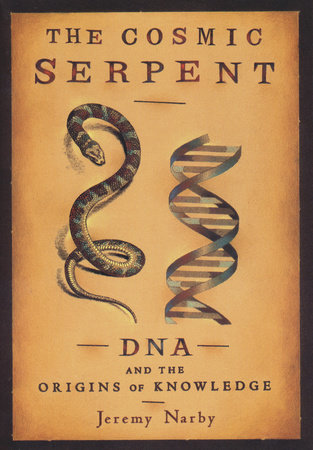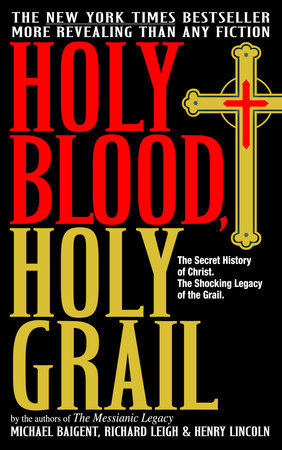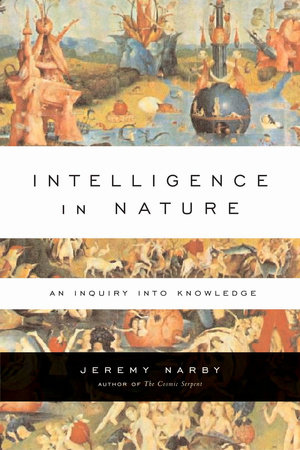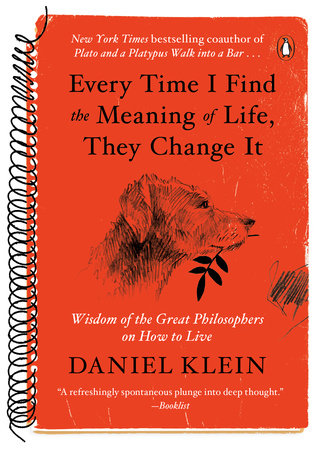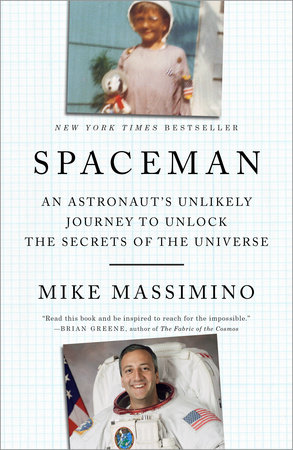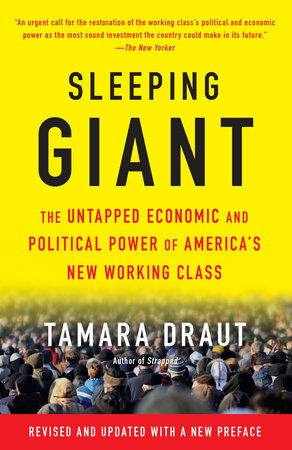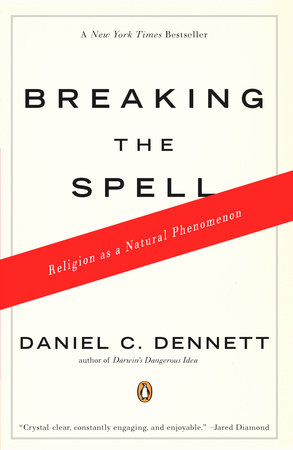

Breaking the Spell




Author
Daniel C. Dennett
Daniel C. Dennett, the author of Freedom Evolves (Viking) and Darwin’s Dangerous Idea, is University Professor and Austin B. Fletcher Professor of Philosophy, and Director of the Center for Cognitive Studies at Tufts University. He lives with his wife in North Andover, Massachusetts, and has a daughter, a son, and a grandson. He was born in Boston in 1942, the son of a historian by the same name, and received his BA in philosophy from Harvard in 1963. He then went to Oxford to work with Gilbert Ryle, under whose supervision he completed his D.Phil. in philosophy in 1965. He taught at U.C. Irvine from 1965 to 1971, when he moved to Tufts, where he has taught ever since, aside from periods visiting at Harvard, Pittsburgh, Oxford, and the Ecole Normal Superieure in Paris. His first book, Content and Consciousness, published in 1969, followed by Brainstorms (1978), Elbow Room (1984), The Intentional Stance (1987), Consciousness Explained (1991), Darwin’s Dangerous Idea (1995), and Kinds of Minds (1996). He coedited The Mind’s I with Douglas Hofstadter in 1981. He is the author of more than a hundred scholarly articles on various aspects on the mind, published in journals ranging from Artificial Intelligence and Behavioral and Brain Sciences to Poetics Today and the Journal of Aesthetics and Art Criticism. His most recent book is Brainchildren: A Collection of Essays 1984–1996 (MIT Press and Penguin, 1998). He gave the John Locke Lectures at Oxford in 1983, the Gavin David Young Lectures at Adelaide, Australia, in 1985, and the Tanner Lecture at Michigan in 1986, among many others. He has received two Guggenheim Fellowships, a Fulbright Fellowship, and a Fellowship at the Center for Advanced Studies in Behavioral Science. He was elected to the American Academy of Arts and Sciences in 1987.
Learn More about Daniel C. Dennett